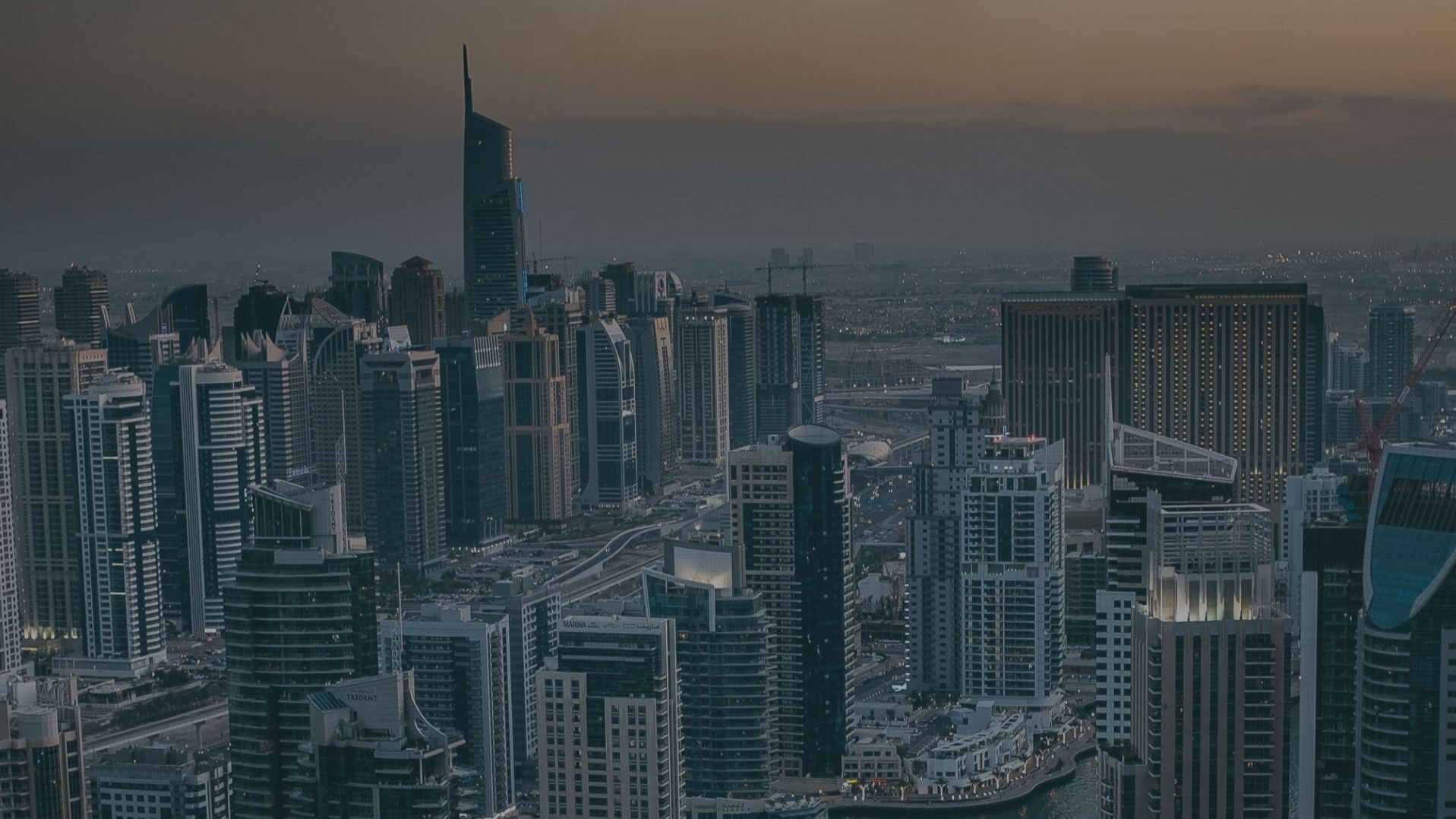Etihad Railway Phase 2A Project Successfully Completed by CSCEC)s Middle East Subsidiary
DUBAI, August 2023 – The UAE’s Etihad Rail Phase 2A project, jointly constructed by the Middle East subsidiary of China State Construction Engineering Corporation (CSCEC), recently received its certificate of handover, marking the on-time completion of the project.
The Etihad Railway network is a vital component of the Gulf Railway network. Once completed, it will cover the UAE’s primary industrial, manufacturing, logistics hubs, populous areas, and key ports. The Phase 2A project, stretching over 139 km, plays a crucial role in connecting Saudi Arabia and the UAE. It will provide a reliable rail transport solution for logistics and trade between the two countries, strengthening their economic collaboration and fostering sustainable development in the region.
The Etihad Railway, translating to ‘Union’ in Arabic, signifies the unity of UAE’s resources. As the only railway project invested in by the UAE government, it is a key strategic project of the UAE Vision and Abu Dhabi Economic Vision 2030. The project, initiated in March 2019, has been successfully undertaken by CSCEC Middle East, the first Chinese enterprise to enter the UAE railway market, following years of cultivating a solid brand image in the region.
The project has consistently topped Etihad Rail Phase 2 project evaluations in safety, quality, and progress. The CSCEC Middle East project team, consisting of over 1,000 people, of which over 85% are foreign employees from Egypt, Oman, India, and other countries, has been commended for their performance. They were awarded the Best Health and Safety Performance Award by Jacobs in 2020, the International Safety Excellence Award from the British Safety Council for two consecutive years, and the 2022 Project Excellence Award from the Project Management Institute (PMI).
To facilitate cross-cultural communication and understanding within the diverse team, various cultural exchange activities were conducted, fostering an atmosphere of trust, cooperation, and open communication.
The project team also took considerable measures to protect the local ecosystems in line with their commitment to sustainable development. After consulting various local and international bodies, including the local government, Abu Dhabi Environment Agency, International Houbara Foundation, and RENEC environmental consultancy, they planned a similar ecological environment to serve as a new conservation area, effectively providing a new home for local flora and fauna.
Further environmental measures taken during the construction, such as the creation of artificial lagoons to conserve water resources and the tracking of waste disposal, have been well received by project owners and local government. These initiatives are expected to serve as a reference for future project sections.
Upon completion, the railway network is estimated to reduce greenhouse gas emissions by 2.2 million tons annually, equivalent to removing 370,000 cars from the roads. A fully loaded freight train can carry the equivalent of approximately 300 trucks, substantially reducing costs associated with traffic congestion, accidents, and road maintenance.
